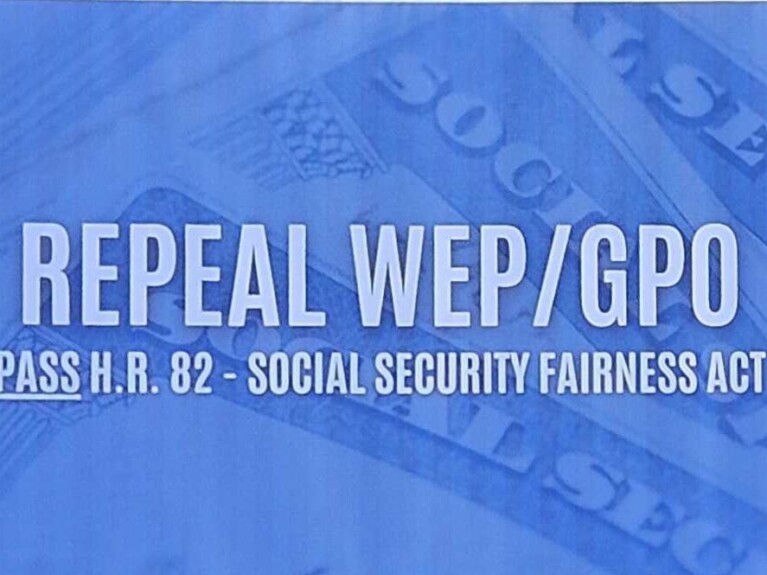NARFE Applauds Supreme Court Decision Reversing Discriminatory State Taxation
ALEXANDRIA, Va. (February 20, 2019) – In response to the United States Supreme Court issuing a unanimous decision to reverse West Virginia’s discriminatory taxation of a former U.S. Marshal’s federal retirement annuity in Dawson v. Steager today, National Active and Retired Federal Employees Association (NARFE) National President Ken Thomas issued the following statement:
“The Supreme Court’s unanimous decision in Dawson v. Steager protects federal employees and retirees from unfair, discriminatory tax treatment by state governments. It makes clear that states may not grant special tax treatment to some of its current and former employees without providing the same tax treatment to similarly situated federal employees and retirees. This decision prevents states from carving out one exemption after another for its own employees, only to shift that tax burden to federal employees and retirees.
“The Court’s opinion leaves no room for interpretation. With the unanimous agreement of the justices, it sends a strong signal to state governments that discriminatory tax treatment of federal employees and retirees is not permitted.”
Background NARFE previously weighed in with the Court through an amicus curiae brief, one of only two in this case, in support of retired federal marshal James Dawson. In doing so, NARFE presented statistics and arguments showing that if the Court upheld the West Virginia Supreme Court of Appeals’ decision, it would risk unfair tax treatment and cause serious financial hardship for more than 2.6 million federal annuitants nationwide. James Dawson worked as a deputy U.S. Marshal and was later appointed U.S. Marshal for the Southern District of West Virginia. He now receives a retirement annuity through the Federal Employees Retirement System (FERS) and sought an exemption from state taxation for all of his FERS annuity income. West Virginia law allowed state law enforcement retirees to exempt from state income taxation all benefits received from four West Virginia retirement plans. But it only allowed Dawson to exempt a portion of his FERS income from state taxation.
Mr. Dawson challenged West Virginia’s denial of a full exemption for his federal annuity. In a 9-0 opinion delivered by Justice Gorsuch, the Supreme Court held that the West Virginia law unlawfully discriminates against Mr. Dawson, as prohibited by 4 U.S.C. § 111. It found that a state violates § 111 when it treats retired state employees differently than it does retired federal employees and “no significant differences between the two classes” (as held in Davis v. Michigan) justify the differential treatment. As a result, the Court reversed the decision of the West Virginia Supreme Court of Appeals, denying Mr. Dawson’s exemption, and remanded the case for further proceedings, including the determination of an appropriate remedy, such as granting Mr. Dawson the full exemption he seeks.
# # #
The National Active and Retired Federal Employees Association (NARFE), one of America’s oldest and largest associations, was founded in 1921 with the mission of protecting the earned rights and benefits of America’s active and retired federal workers. The largest federal employee/retiree organization, NARFE represents the interests of 5 million current and future federal annuitants, spouses and survivors.
CONTACT:
Jill Talley
NARFE Deputy Director, Public Relations
jtalley@narfe.org
(703)838-7760


